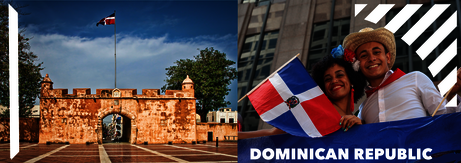Summary of operations
Road Infrastructure: Financing for 148 kilometers of highways.
Energy: Financing for the generation of 80 megawatts of clean renewable energy.
Agro Sector: US$ 60 million for the strengthening of the agricultural sector with a sustainable technological approach.
A 228% increase in the amount estimated in the 2021-2026 country strategy, reaching US$ 1.8 billion. In the previous five-year period the disbursement amounted US$ 533.9 million.
PROJECTS

Coral Highway Project
It consisted of the construction of a 70-kilometer-long, 4-lane highway, for which financing of US$70.0 million was allocated.
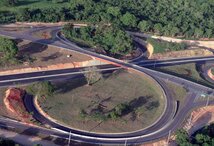
Improvement and Expansion of the Eastern Road Corridor for road sections
San Pedro de Macorís-La Romana Section, La Romana Beltway Section and Eastern Tourist Boulevard Section, totaling 78 kilometers in length and representing the best road infrastructure in the country.

Palomino Hydroelectric Project
With a clean and renewable energy generation capacity of 80 megawatts, it is located in the Province of San Juan. For its execution, the Bank allocated financing for a total amount of US$ 130.0 million
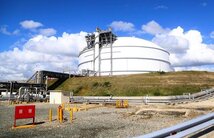
Construction of a 50-kilometer gas pipeline in San Pedro de Macorís
Loan in favor of AES Dominicana for a total amount of US$54.00 million.
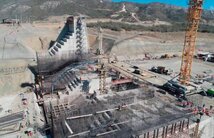
Montegrande Multipurpose Dam Project Phase III
With current financing of US$249.6 million
CABEI approves financing for construction of Santo Domingo Metro Line 2C for the benefit of more than 770,000 Dominicans
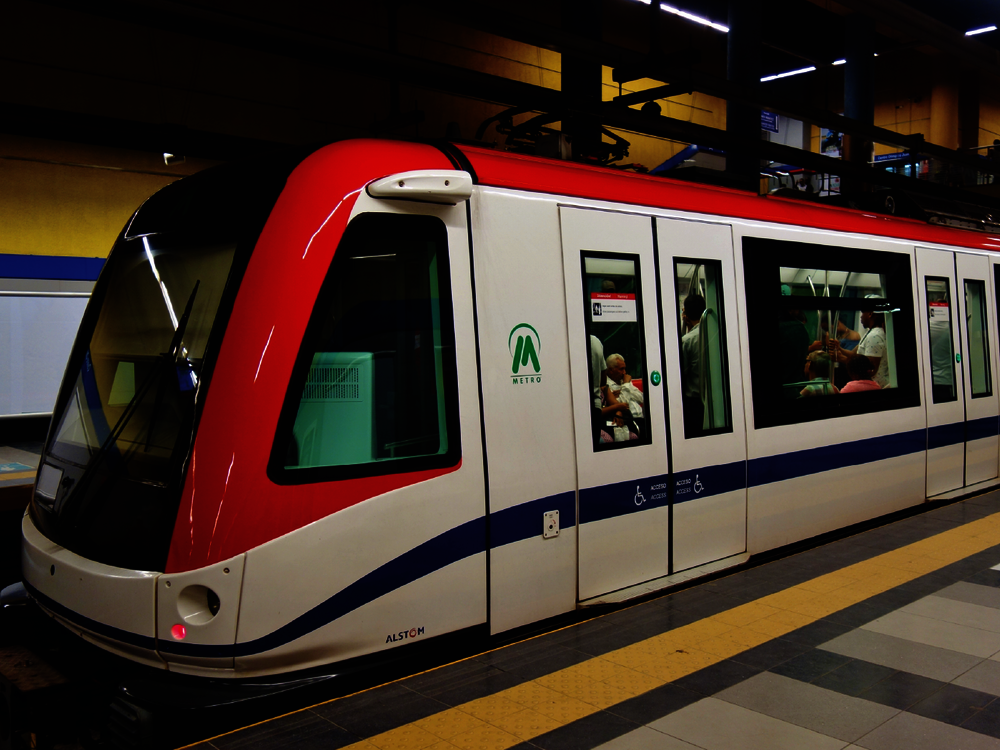
Through the execution of a US$550.2 million project, a safe, economical, and sustainable passenger transportation system is expected to be in place.
Tegucigalpa, June 03, 2022.- To reduce travel times and costs, increase transportation safety levels with quality infrastructure, and reduce environmental pollution, the Central American Bank for Economic Integration (CABEI) approved partial financing of US$250.0 million out of a total of US$550.2 million for the development of the "Santo Domingo 2C Metro Line Construction Project" in the Dominican Republic.
The line, which is expected to benefit more than 770,000 annual users and generate around 240 direct jobs, 53% of which will be filled by women, will consist of five stations extending from the existing María Montez station on Luperón Avenue to Los Alcarrizos, with a subway segment of 900 meters in length and another elevated segment of 6.45 kilometers in length.
CABEI Executive President, Dr. Dante Mossi, stated, "CABEI promotes and supports various sustainable transportation initiatives in the region, which is why we are very pleased with this new approval, which represents another step towards clean, efficient, safe, fast and economical mobility for the benefit of Dominicans.”
The initiative also includes the construction of a marginal road on the south side of the Duarte highway, approximately 7.5 kilometers long, which will serve to facilitate the construction of the subway and, upon completion, will allow access to the surrounding communities and the subway stations.
The Project is framed within the Competitiveness Strategic Axis of CABEI's 2020-2024 Institutional Strategy, which seeks to promote productive, inclusive, and sustainable development in the region. In addition, it contributes to the Bank's 2020-2024 Environmental and Social Strategy, specifically to the following key sectors: energy, energy efficiency and GHG reduction, with an average reduction of 4,892 tCO2/year in greenhouse gas (GHG) emissions, and transportation infrastructure.
The Transportation Reorganization Office (OPRET) will be responsible for executing the works. The CABEI loan is for a 20-year term, including a five-year grace period, with an indicative interest rate of six-month LIBOR plus 240 basis points.

